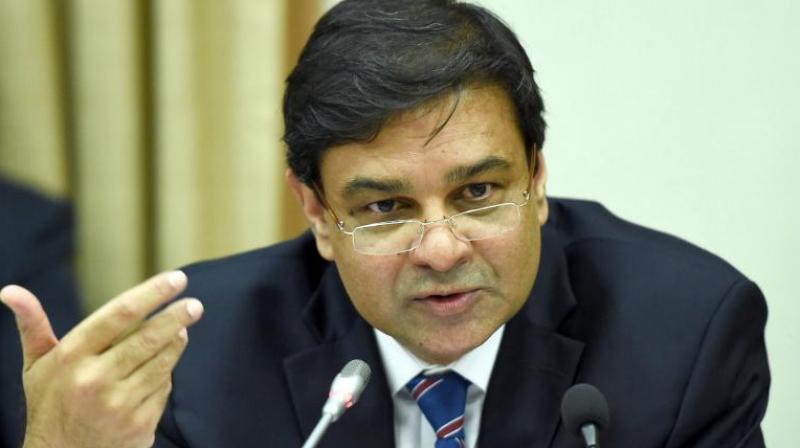He, however, did not answer specific questions on government invoking Section 7 of the RBI Act, NPAs (non-performing assets), the autonomy of the central bank and other contentious issues, sources said.
RBI Governor Urjit Patel on Tuesday committed to a parliamentary committee to give in writing his views on some of the controversial issues, which may include the government citing its never-used powers to get the central bank on the discussion table, said sources.
Mr. Patel, who appeared before the 31-member Parliamentary Standing Committee on Finance, said the economy would get a boost from oil prices cooling off from four-year highs. He highlighted that fundamentals were “robust”, the sources said.
Mr. Patel also told the panel that credit growth was 15 per cent and the impact of the November 2016 demonetisation had a transient impact on the economy.
Mr. Patel was earlier scheduled to appear before the panel on November 12.
He, however, did not answer specific questions on the government invoking Section 7 of the RBI Act, NPAs (non-performing assets), the autonomy of the central bank and other contentious issues, the sources said.
Mr. Patel made a presentation on the state of the economy as well about the world economy to the committee and several members asked questions. His views on the economy were “optimistic”. “He stayed clear of controversial questions like government invoking special powers, instead he gave intelligent replies without saying anything,” the sources said.
Members also asked questions on the implementation of the Basel III capital adequacy norms for banks. To this, a source said, he replied that adherence to the global norms was India’s commitment to G-20 nations.
Large number of questions
Another source said that as there were a large number of questions, Mr. Patel was asked to file written replies in 10-15 days.
The RBI Governor appeared before the panel days after the RBI’s face-off with the finance ministry over issues ranging from the appropriate size of reserves to be maintained by the central bank to easing of lending norms for small and medium enterprises.
Former Prime Minister Manmohan Singh is also a member of the committee headed by senior Congress leader and former Union minister M. Veerappa Moily.
India’s banking system, particularly state-owned banks, are grappling with huge bad loans. Recently, there has been a liquidity crisis for the important NBFC (non-banking financial companies) sector following repayment default by IL&FS.




